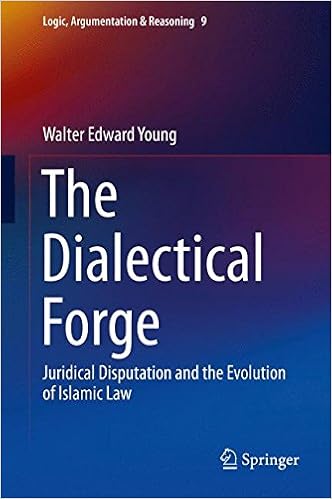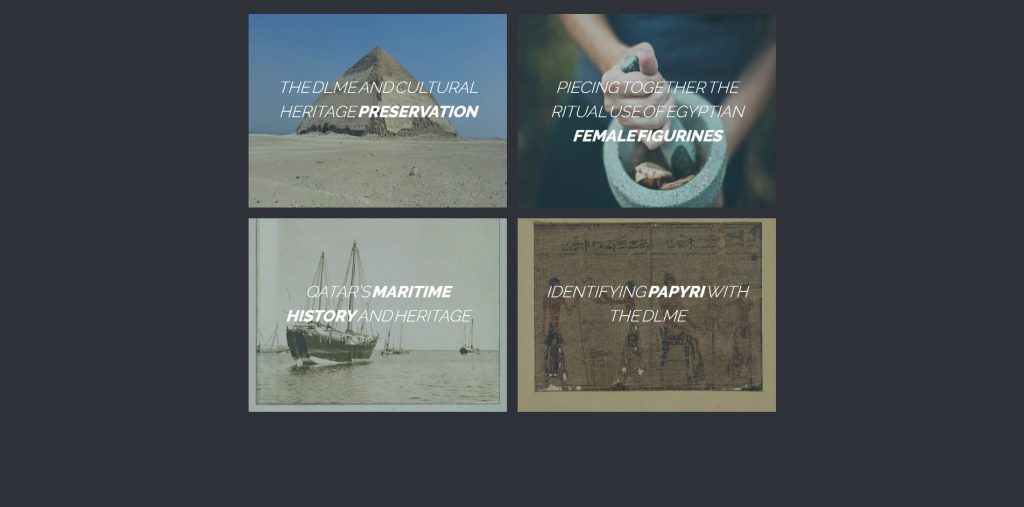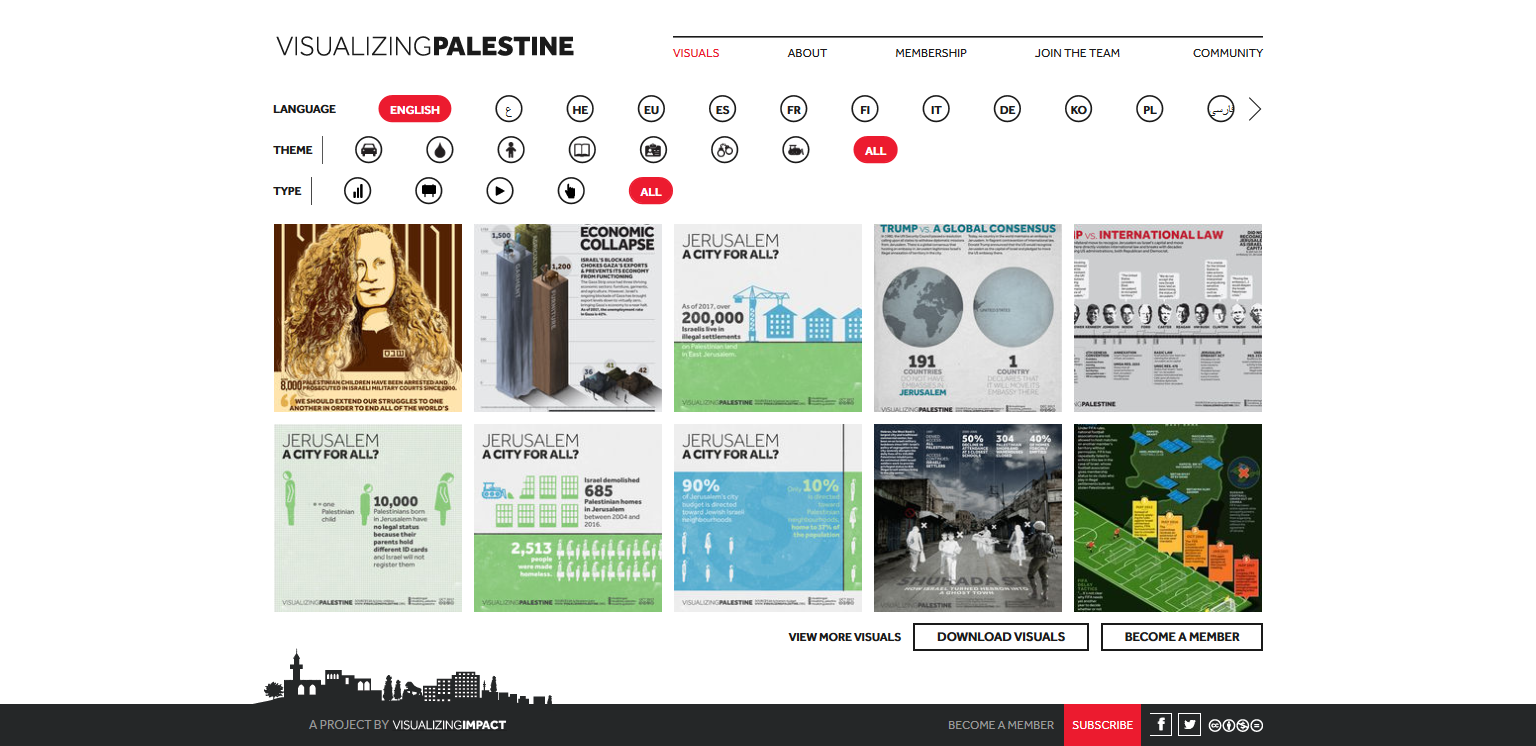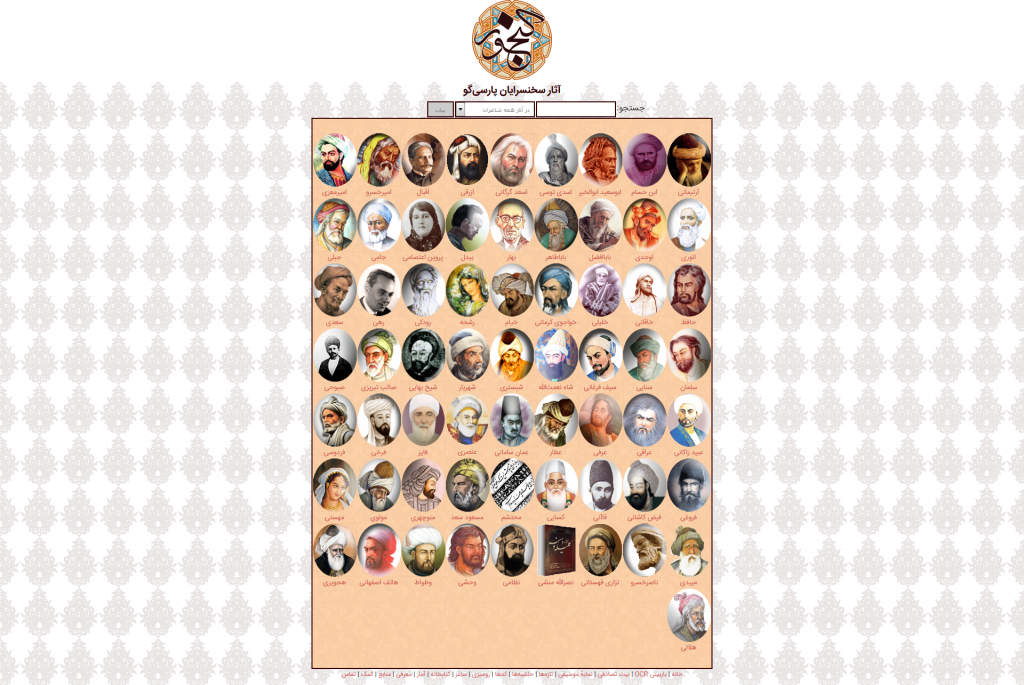 The Dialectical Forge: Juridical disputation and the evolution of Islamic law, published in 2017, is the first monograph of Dr. Walter Young (although he has a number of other works in preparation, see below), graduate of the Institute of Islamic Studies. This book is a revised version of Dr. Young’s 2012 Ph.D. thesis, supervised by Prof. Robert Wisnovsky and Prof. Wael Hallaq, and is the 9th volume in Springer’s “Logic, argumentation & reasoning” series.
The Dialectical Forge: Juridical disputation and the evolution of Islamic law, published in 2017, is the first monograph of Dr. Walter Young (although he has a number of other works in preparation, see below), graduate of the Institute of Islamic Studies. This book is a revised version of Dr. Young’s 2012 Ph.D. thesis, supervised by Prof. Robert Wisnovsky and Prof. Wael Hallaq, and is the 9th volume in Springer’s “Logic, argumentation & reasoning” series.
We had the occasion to ask the author a few questions regarding his monograph in a short email interview:
JM: This is a revised version of your Ph.D. thesis? What aspects have changed between the two versions?
WY: Yes, significantly revised. Among other revisions:
- It is a single volume—the dissertation’s second volume (the translation of the Ikhtilāf al-ʿIrāqiyyīn /al-ʿIrāqiyyayn) has been mostly excised;
- The focus throughout is maintained almost solely on juridical dialectic (no treatment of theological or philosophical dialectic, apart from Aristotle);
- The case studies have been expanded and all now appear with full prose analyses;
- A new section detailing Abū Isḥāq al-Shīrāzī’s theory of qiyās has been appended.
JM: What can you tell us about this book?
WY: The real aim of the book is to bring juridical dialectic into the limelight as a key dynamic in the shaping not only of substantive rulings (fiqh, furūʿ), but of legal theory (uṣūl al-fiqh) and dialectical theory (jadal/munāẓara) itself.
In fact, in my view, and I believe it is supported by mountains of evidence and obvious to most who consider it, the exigencies of dialectical disputation left their marks on all Islamicate intellectual projects whose scholars engaged in it. The study of the theory and practice of Islamicate dialectics should, in my view, provide essential concepts and tools for exploring, analyzing, and comprehending all such Islamic sciences which may in any way be qualified as “argumentative” (i.e., pretty much everything). It should therefore be a thriving discipline, but remains understudied—in fact practically unknown in the larger field of Islamic Studies (despite some excellent contributions in the last four decades). So a key aim of the Dialectical Forge (and pretty much all of my work) is to promote the study of Islamic dialectics, and to try to get scholars excited about it and involved in it. One way to do this, I think, is by showcasing the high level of sophistication attained by dialecticians (practitioners and theoreticians), by publishing and analyzing both the theory literature and example/historical disputations.
In this spirit of inspiring scholars to be excited about and involved in the study of Islamicate dialectics, Dr. Young has created an impressive website: the Society for the Study of Islamicate Dialectical Disputation (SSIDD). This site hosts information and resources on the study of Islamicate dialectical theories, practices and contexts, as well as a discussion forum for scholars to share ideas and sources.
JM: What drew you to this area of research?
WY: Two key factors—via the work of two esteemed advisors, mentors, and friends—drew me to the study of Islamicate dialectical disputation in general, and juristic dialectics in particular:
- A brilliant (and for me, career-changing) class on Islamic dialectical theory (especially the ādāb al-baḥth) conducted by Rob Wisnovsky;
- The teachings and publications of Wael Hallaq in the areas of legal and dialectical theory.
And I was very privileged to have both Prof. Wisnovsky and Prof. Hallaq as advisors to my dissertation.
We wish to congratulate Dr. Young on his monograph, and thank him kindly for his comments!
Other publications by Dr. Walter Edward Young
Articles:
- “Mulāzama in Action in the Early Ādāb al-Baḥth;” Oriens 44.3-4 (2016) [special issue: Major Issues and Controversies of Arabic Logic], pp. 332-385.
Forthcoming or in preparation:
- (critical edition and translation) On the Protocol for Dialectical Inquiry (Ādāb al-Baḥth): A Critical Edition and Parallel Translation of the Sharḥ al-Risāla al-Samarqandiyya by Quṭb al-Dīn al-Kīlānī (fl. ca. 830/1427), Prefaced by a Critical Edition and Parallel Translation of its Grundtext: the Risāla fī Ādāb al-Baḥth by Shams al-Dīn al-Samarqandī (d.722/1322); Brill (Islamicate Intellectual History) [planned submission Winter 2018]
- (critical edition and study) Scholarly Contexts of the Early Ādāb al-Baḥth: An Intellectual Prosopography Drawn from the Margins of Quṭb al-Dīn al-Kīlānī’s Sharḥ al-Risāla al-Samarqandiyya, with Critical Editions of its Common Glosses; Brill (Islamicate Intellectual History) [planned submission Summer 2018]
- (monograph) The Jadal Primer: An Introduction to Classical Sunnī Juridical Dialectic [in preparation, pending funding]
- (article) “Al-Samarqandī’s Third Mas’ala: Juridical Dialectic Governed by the Ādāb al-Baḥth;” Oriens (Spring 2018; special issue: Uṣūl and Falsafa in Post-Classical Islamic Scholarship)
- (article) “Have You Considered (A-ra’ayta)? Don’t You See/Opine (A-lā Tarā)? A Working Typology of Ra’ā Formulae in Early Islamic Juridical Disputation;” in Y. Papadogiannakis and B. Roggema, eds., Patterns of Argumentation and Exchange of Ideas in Late Antiquity and Early Islam; Routledge (Centre for Hellenic Studies)
The Dialectal Forge is available through McGill Libraries, as well as through Amazon.ca and Springer.






